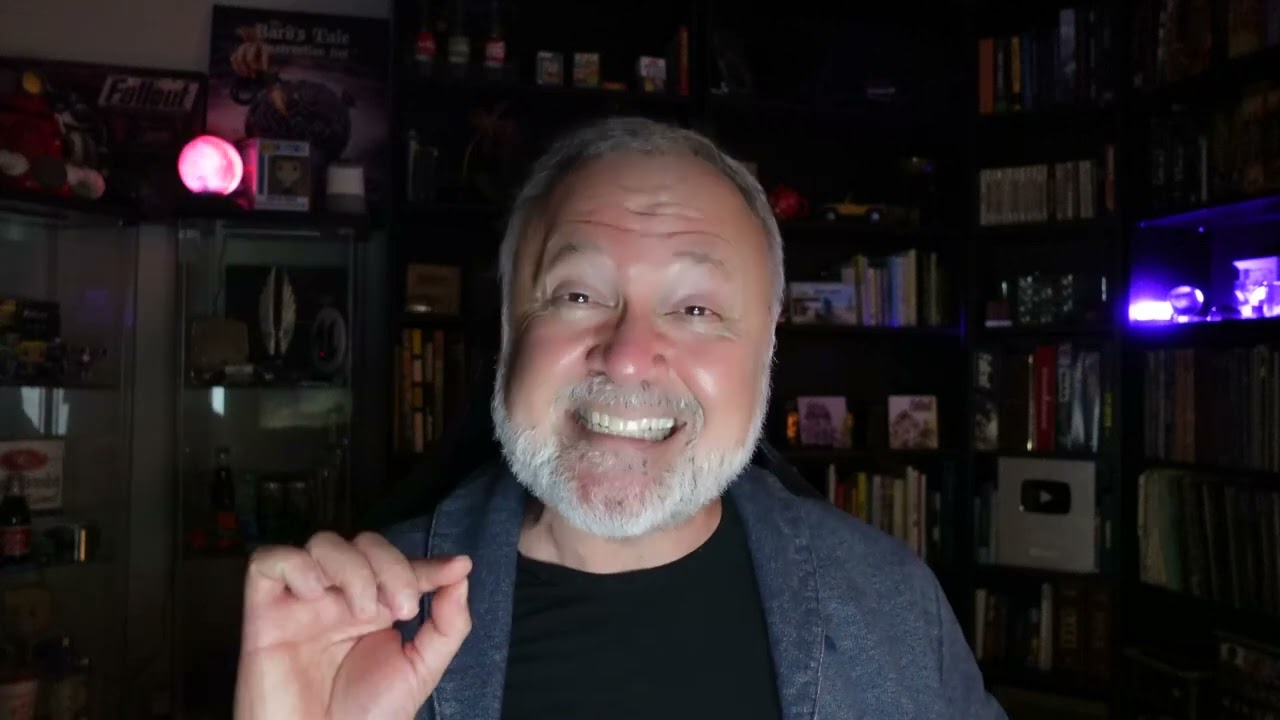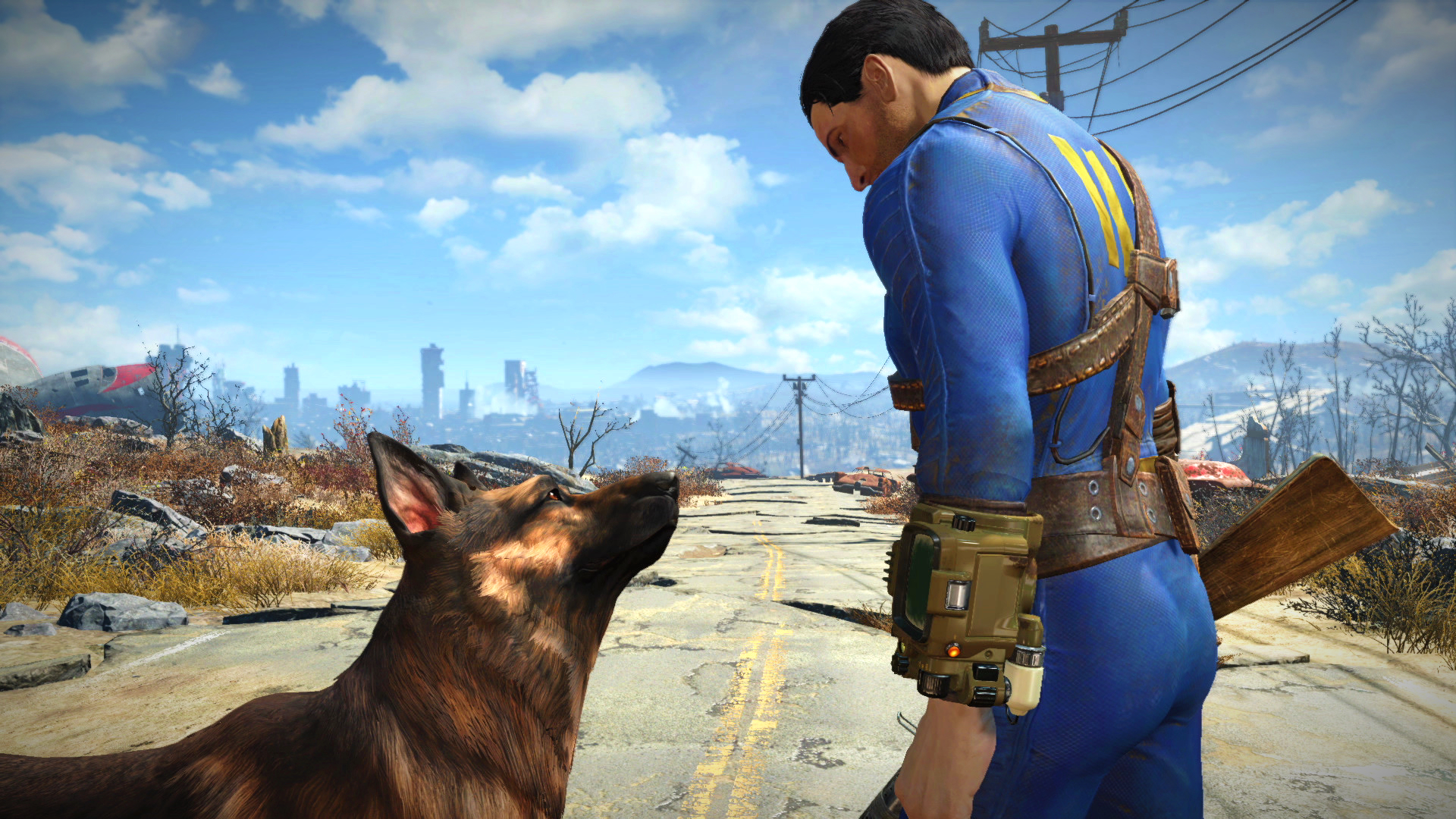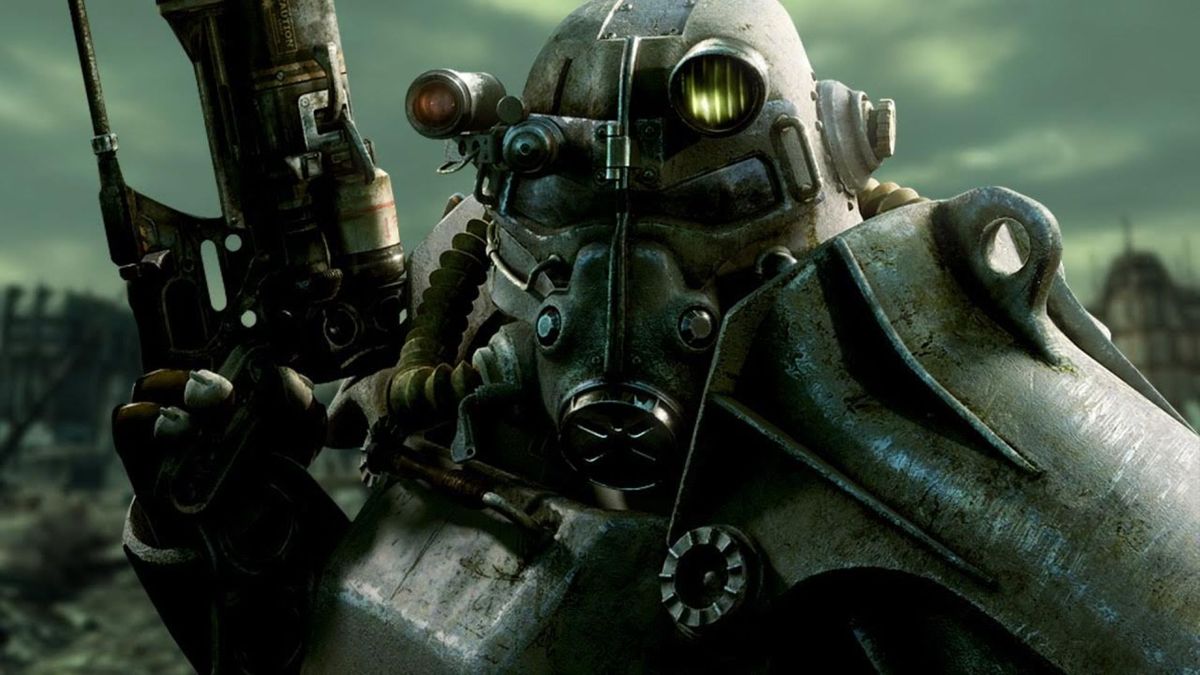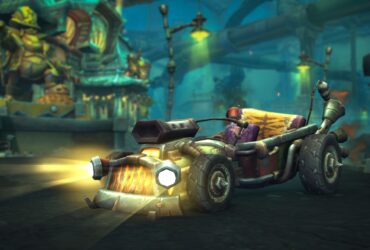Tim Cain, the co-creator of the original Fallout game says devs don’t know what you want, but neither do you, apparently.
Speaking on his YouTube channel where he posts lots of videos about his time working on Fallout and industry knowledge at large, Cain says: “Do devs know what gamers want? No. No, we don’t know what you want. We have no idea, seriously, what you want.”
Making video games takes a long time. A lot longer than most movies and books. As such, it’s hard to chase popular trends without making a new game feel dated. If Warner Bros. hadn’t patented the nemesis system from Middle-earth: Shadow of Mordor, we might have had a bunch of games come out five or six years later that all used it, but then we’d all be thinking of a game we played half a decade ago. So, while we may know what we like now, we may not like it several years from now.
Cain continues: “Here’s the longer answer. It can all be summed up as because you don’t know either. But you’ve got to remember that I’m using the collective you. First off, many of you only tell developers what you hate. Great, you said what it is you don’t want, but what is it you want?”
He then goes on to mention a previous video that we reported on where he details how we can all give devs better feedback.

“But I can just say when you keep saying ‘I hate this in games, I hate this feature, I hate these kind of characters,’ and all that. Great. What kind of characters do you want? If you hate sarcastic characters, well, guess what? There’s an entire realm of non-sarcastic characters, but what is it you want? Do you want funny characters? Do you want serious characters? Do you want characters with a lot of background? Characters with very little of it – you don’t want to spend time in a wall of text dialogue. What do you want? That’s why you have to tell us what you want and not what you don’t want.”
He then goes on to lament the vague criticisms people often give to aspects of games they dislike, such as wanting better enemy AI, better UI, better games overall, and sarcastically says, “I’ll just slide the better slider from OK to great on all of those.” He wants us to be more specific and explain what the “friction point” is in a UI we consider bad, rather than just stating it’s bad.
Then there’s the fact that not every game can appeal to each and every one of us. “What’s interesting to me, and this channel has really made me acknowledge it; you don’t even agree on the fact that all of you are disagreeing.”
While I love soulslikes for their challenging combat, many people find it a barrier to their stories. I’d hate for the difficulty to be toned down, but if a soulslike comes out that does that, I’d just accept it wasn’t for me and play something else.
Cain covers this, too, saying: “One of the things I want to point out is that many of you argue against things that would make a game that even tries to provide more things for more players. And I’ve talked about how ‘designed by committee’ is bad, which I agree with, and usually that leads to making a game that no one can really have an argument against it but no one really feels like playing it.”
A perfect example is the original Fallout game. It’s got a fantastic atmosphere and gives you a lot of freedom, but it also enforces a strict time limit within which to complete the main story. It’s one of the all-time greats, but a lot of people hate that constraint. XCOM 2‘s turn timer was also massively pushed back against, and there are mods that remove it entirely. So, even when we tend to agree a game is wonderful, we can disagree on specific mechanics.

Cain wraps up by saying: “I get that you, the individual, want what you, the individual, want. But you have to realize that you, the individual, are not very good at giving developers feedback and that you, the individual, are not everybody the game is made for. […] Game development is hard on its own technically. But this lack of consensus among game players about what they want takes that difficulty to a whole new level. It’s that much harder to make a game that you want to be popular, that you want to have a lot of sales, because most of you don’t know what you want. Those of you that do know what you want are very vague at expressing it and many of you don’t realize that what you want isn’t what a lot of other people want.”
So, what’s the solution? Well, Cain says: “This is why, for most of my career, I just made what I wanted. What I liked. I hoped other people would like it, but it was me and the team just trying to make something we’d like that would make each other laugh, make each other have fun.”
When the marketing team would ask them to help explain what the demographic of the game was, he didn’t know. He’d say, “Why don’t you go home and play the game and tell me who would like it?”
This is a double-edged sword, though. “Many of you like my earlier games,” Cain says. “Maybe it’s because I did make them in a vacuum like that and I wasn’t thinking what people thought. However, I can tell you my later games sold more copies. So, what’s the right path? I don’t know.”
While you’re here, check out our list of the best games of all time and see how many you agree with. I actually think Fallout 3 is the best in the series, which is an opinion that angers a lot of my colleagues.












Leave a Reply